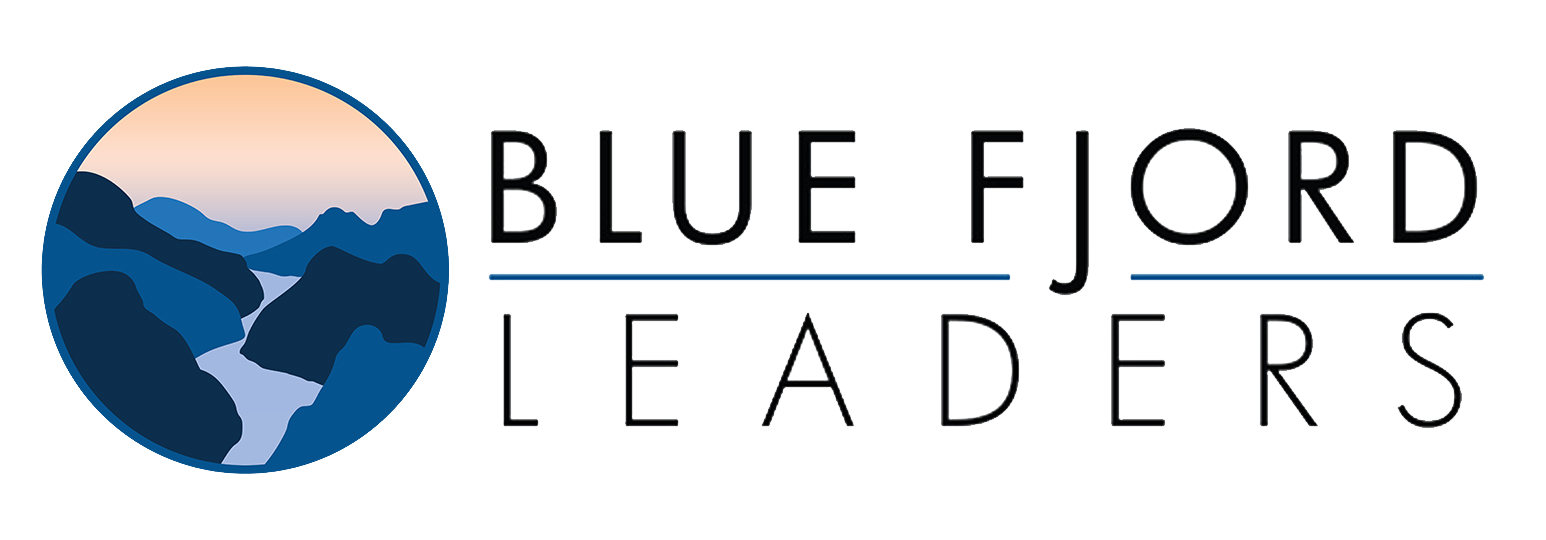
So much about work has changed in the last 18 months — how we think about it, how we talk about it, even how we simply get it done has endured a cultural shift with steep demands. As we round the corner into the end of year, here we go yet again. Managers and business leaders want their staff back in the office but those popular cube farms have failed to create healthy, productive environments. One of the biggest complaints? Managing distractions on top of workload and ineffective communication. While the workplace of the future may revisit that old “office-and-a-door” routine (hopefully with an endless supply of healthy snacks!) neuroscience offers a few tricks to help rebalance your anxious brain.
Why We Feel Distracted at Work
Chances are … you’re losing time and productivity due to distractions at work. It’s as though the brain contains an attention bucket. Each person has a limited amount of attention available in their bucket. Each activity of the day slowly drains the bucket until we no longer work at our best. It makes sense to be thoughtful about where we spend that precious attention. With a few simple tweaks, we can become skilled in managing distractions so that they don’t punch holes in our attention bucket. In general, there are three distractions that exhaust the brain and reduce the energy available for focused, high-quality work:
- cell phones and email
- open-office social norms
- clutter
Tips for Managing Distractions at Work
1. Cell phones and email beckon us to respond now.
The brain pauses from its thought to attend, even briefly, to every ring, buzz, beep or tweedle-dee-dee of the cell phone. How many times do you stop to pick up the phone just to check the text, tweet or email that just arrived? The email flags that pop up on your laptop are equally distracting. Each glance away from your work to assess the email pokes a hole in your brain bucket and a bit of attention drains away.
Instead…when you need all of your attention, practice turning off the phone ringer and putting it away where you can’t hear the buzzing.
It’s not forever – just for the time you need for undivided attention. And for email, consider changing the settings so that the email no longer pops up on the screen. I know — but what if it’s something urgent?! If you are in a profession where that is a legitimate possibility then keep the pop-ups. However, my experience is that most of us assume that the boss wants something now. When in fact, the boss’ expectation for promptness doesn’t mean drop everything and respond this instant. We tend to imagine a higher degree of urgency than is necessary. Have a conversation about email expectations in order not to dribble away your attention on mundane issues.
2. Offices with noise and constant interaction.
While I understand that open-plan offices are popular, they aren’t the best option for work that requires focused attention. Sometimes it’s better to make sure that people have their own section in the office so that they won’t be distracted. Making sure that they have all the office equipment that they need will help people not get so distracted all the time. This is particularly true for those of us who need quiet for thoughtful work. The brain is bombarded with snippets of conversations, ringing-pinging phones, and the sound of copy machines. Each sound punches another tiny hole in your attention bucket. After a time, there is little attention left for key work.
Instead…if it’s not possible to have a quiet office space, try noise-cancelling headphones to provide some distraction-free time.
You can develop a visual sign for your space that tactfully tells others that you are working on an important project and not to interrupt for the next hour — unless it’s truly urgent. Frequently, we assume that others require a response now when an hour from now is just fine. Negotiate with co-workers to honor your need for uninterrupted quiet time. Your attention bucket will thank you and the high-quality work that you produce as a result will make others want to try the same approach.
3. Clutter.
Think about the vast amount of information your brain assimilates from visual inputs. A visually pleasing environment like a view of nature can calm the brain. Visual clutter, on the other hand, taxes the brain as it constantly sifts through what is important or not. Every stack of paper, pile of sticky notes and remnant from lunch distracts your brain and drains attention. For this reason, if your commercial office is in a state of despair, it might be in your best interest to reach out to a commercial cleaning service. Some of these companies also provide secure recycling solutions to keep excess paperwork and other waste in check.
Instead…keep your work space as tidy and attractive as possible.
Clear out the clutter before you start working on a big project so that your brain has undivided attention. You may notice that you feel more calm and settled in a clean, organized space. It allows your brain to attend to what you want it to rather than whatever catches its eye. For a long-term solution, opt for an electronic filing system to eliminate all the papers scattered on your desk. Not only will it help you easily find and access your files, but it can also stop any further distractions during your workday.
As we move into the next phase of our post-pandemic work lives, a little bit of empathy will go a long way. With a few tweaks in your work processes, you can stop punching holes in your brain’s attention bucket. Instead, direct your attention where you want it. Although it may take some time for your coworkers to adapt to managing distractions, my article, How to Diffuse Tense Situations, will help you keep your cool. Your brain and career will thank you.





0 Comments